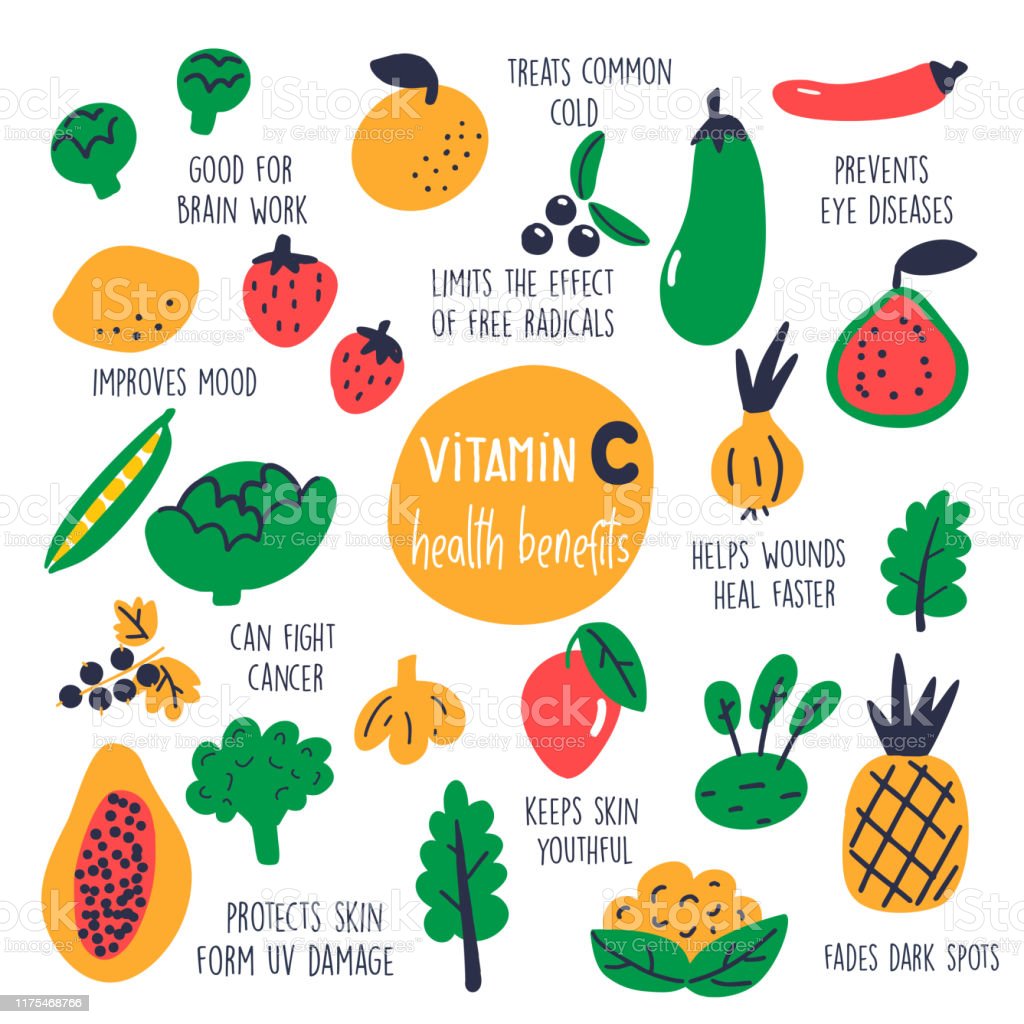
Understanding how to read nutrition labels is essential before you begin your nutrition plan. You may have heard of the Choose My Plate Program, which has helped millions get the right combination of food groups. Yet, many people still struggle to find the right balance in their meals. Here's how to make sure your meals are balanced and healthy. If you follow this simple guide, it will be easy to eat what your body needs and feel great.
Although most nutrition planners share the same principles, their approaches to achieving their goals may differ. While some planners place emphasis on macroeconomics while others prefer micro-economics. Planners may focus on one sector such as agriculture. Another group emphasizes organizational factors and uses analytical methods. Other approaches are more intuitive and use a combination of all three. A fourth group emphasizes organizational factors. It doesn't matter which approach you choose; it is important to understand the differences and how they differ.

Meal planning is a great way to achieve your nutritional goals and prevent chronic diseases. Meal planning makes it easy to enjoy a variety and increases your intake of fruits, vegetables, and other foods. This process can be fun, no matter what your goals are, and it will help you get the right nutrients. You've reached the right place if a nutrition strategy is what you need. To help you get started, we've provided some suggestions below.
You can save time and money by planning your meals. Meal planning can help you avoid having to run to the grocery shop last-minute. It can also help you control your spending and portion sizes, by keeping your purchases close in relation to the time you purchased them. This will reduce the risk of you overeating. Consistency is key to success. It takes some practice, but it's worth it. It will pay off in long-term.
A key component of any weight loss program is meal planning. This will help you eat healthier while also limiting unhealthy food choices. It can help you lose weight, and keep your health in check. You will be able to stay on track with your goals by creating a plan. When you are clear about what to eat, it is easier to make informed decisions. If you create a nutrition plan, it will make it easier to eat healthy and avoid bad foods.

You can eat healthier and stay on track with your weight loss goals by meal prepping. If you take the time to prepare your meals in advance, you will be able save valuable time. You can also avoid snacking on unhealthy foods when hungry. This will help you stay on track and avoid unhealthy habits and maintain a healthy weight. You will be able to achieve your weight loss goals by eating a balanced diet. You will be able to resist the temptation of eating unhealthy foods or saturated fats.
FAQ
Is cold a sign of a weak immune response?
According to some, there are two types: people who love winter or those who hate it. It doesn't matter if you love it or not, it is possible to wonder why it makes you feel so miserable when it gets cold outside.
Our bodies were designed to work best in warm climates. We evolved to thrive in hot environments because of the abundance of food resources.
But now we live in an environment that is very different from how our ancestors lived. We spend more time indoors than ever before, and are often exposed both to cold and heat extremes.
This means that our bodies aren’t used to these extremes. So, when we do venture outside, we often feel exhausted, sluggish, or even sick.
There are many ways to avoid these side effects. One way is to make sure that you stay well-hydrated throughout the day. You can help flush toxins out of your body by drinking plenty of water.
It is important to eat healthy foods. The best way to maintain your body's optimal temperature is by eating nutritious food. This is especially helpful for people who spend a lot of time indoors.
You can also meditate for a few minutes every day. Meditation helps you relax your mind and body, which makes it easier to deal with stress and illness.
What is the best diet for me?
Your lifestyle and individual needs will determine the best diet for your body. Consider how much energy and low-calorie foods you consume, as well as whether or not you are a fan of fruits and vegetables.
If you are trying to lose weight, then you may want to try intermittent fasting. Intermittent fasting involves consuming only specific meals throughout the day, rather than having three large meals. You may find that this method works better for you than traditional diets that include daily calorie counts.
Studies have shown that intermittent fasting can improve insulin sensitivity and decrease inflammation. This could lead to improved blood sugar levels, and a lower risk of developing diabetes. Research suggests that intermittent fasting can promote fat loss and improve overall body composition.
How does weight change with age?
How do you determine if your bodyweight is changing?
Weight loss happens when there is less muscle mass and more fat. This means that calories must be consumed at a rate greater than energy. Low activity levels are the most common cause for weight loss. Other causes include illness, stress, pregnancy, hormonal imbalances, certain medications, and poor eating habits. When there is more fat than muscles, it's called weight gain. It occurs when people consume more calories each day than they use. Common reasons include overeating, increased physical activity, and hormonal changes.
We eat less calories than we burn, which is the main reason our bodies lose weight. When we exercise regularly, we increase our metabolism rate which burns off more calories throughout the day. This does not necessarily mean that we will get thinner. What is more important is whether or not our body is losing or gaining weight. If we're burning more calories than we're consuming then we're going to lose weight. But if you consume more calories than you burn, you're actually storing them for fat.
As we age we tend to be slower in moving and thus we don't move nearly as much. We also tend to consume less food than when we were younger. Also, we are more likely to gain weight. On the flipside, we are more muscular than we really need and appear bigger.
There's no way to tell how much weight you've lost unless you weigh yourself every week. There are many different ways to measure your weight. You can measure your waist, hips and thighs as well as your arms. Some people prefer to use a bathroom scale while others prefer to measure with tape.
If you want to track your progress, you should try weighing yourself once a week and measuring your waistline once a month. You can also take pictures of yourself every few months to see how far you've come.
You can also find out how much you weigh by looking up your height and weight online. For example, if you're 5'10" tall and weigh 180 pounds, you'd probably weigh 180 pounds.
What are the top 10 healthy habits?
-
Breakfast is a must every day.
-
Don't skip meals.
-
Eat a balanced, healthy diet.
-
Get plenty of water.
-
Take care of yourself.
-
Get enough rest.
-
Avoid junk food.
-
Do some form of exercise daily.
-
Have fun
-
Find new friends
Are there 5 ways to have a healthy lifestyle?
Healthy living means eating right, exercising regularly and getting enough sleep. It also involves managing stress and having fun. Good eating habits include avoiding processed foods, sugar, unhealthy fats, and avoiding junk food. Exercise is good for your body and muscles. Sleeping well improves concentration and memory. Stress management is a way to reduce anxiety levels and depression. Fun is key to staying young and vibrant.
How often should I exercise
For a healthy lifestyle, exercise is vital. However, there isn't a set amount of time you must spend working out. The key is finding something you enjoy and stick with it.
If you work out three times a week, then aim to complete 20-30 minutes of moderate intensity physical activity. Moderate intensity is when you still have to breathe hard after the workout. This type of exercise burns approximately 300 calories.
Walk for at least 10 minutes four days a weeks if you prefer walking. Walking is low-impact and easy on the joints.
Jogging three times a week for 15 mins is enough if you want to run. Running is an excellent way to lose weight and tone your muscles.
Begin slowly if your are not used to working out. Start by doing 5 minutes of cardio each day, a few times per week. Gradually increase the time you do cardio until your goal is reached.
What is the problem of BMI?
BMI is the acronym for Body Mass Index. It measures body fat based upon height and weight. The following formula can be used to calculate BMI.
The weight of a kilogram divided by its squared height in meters.
The result is expressed in a number between 0 - 25. A score of 18.5+ indicates that you are overweight. A score higher than 23 indicates that you are obese.
A person of 100 kg with a height of 1.75m will have 22 BMI.
Statistics
- WHO recommends consuming less than 5% of total energy intake for additional health benefits. (who.int)
- This article received 11 testimonials and 86% of readers who voted found it helpful, earning it our reader-approved status. (wikihow.com)
- According to the 2020 Dietary Guidelines for Americans, a balanced diet high in fruits and vegetables, lean protein, low-fat dairy and whole grains is needed for optimal energy. (mayoclinichealthsystem.org)
- Extra virgin olive oil may benefit heart health, as people who consume it have a lower risk for dying from heart attacks and strokes according to some evidence (57Trusted Source (healthline.com)
External Links
How To
27 steps to a healthy lifestyle if your family only eats junk food
It is easy to eat healthy when you cook at home. This is difficult for people who don't know how to cook healthy meals. This article will show you how to make healthier eating choices at restaurants.
-
Find restaurants that offer healthy options.
-
Before ordering meat dishes, order salads and other vegetables.
-
Ask for sauces made without sugar.
-
Avoid fried food.
-
Grilled meats are better than fried.
-
Don't order dessert unless your really need it.
-
Make sure that you have something else to eat after dinner.
-
Always eat slowly and chew your food thoroughly.
-
Drink plenty of water while eating.
-
You should not skip breakfast or lunch.
-
Every meal should include fruit and vegetables.
-
Use milk, not soda.
-
Sugary drinks are best avoided.
-
Limit salt in your diet
-
You should limit how often you visit fast food restaurants.
-
Ask someone to join you if you cannot resist temptation.
-
Make sure your kids don't spend too much time on TV.
-
Keep the television off during meals.
-
Do not drink energy drinks.
-
Take regular breaks from work.
-
Get up earlier in the morning to exercise.
-
Do some exercise every day.
-
Start small and then build up slowly.
-
Set realistic goals.
-
Be patient.
-
You can exercise even when you don't feel like doing it.
-
Use positive thinking.